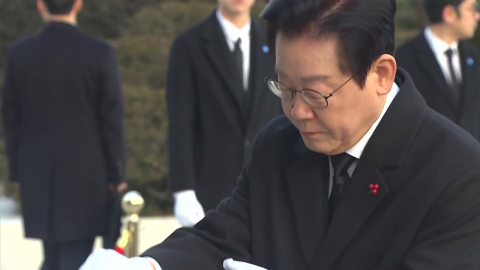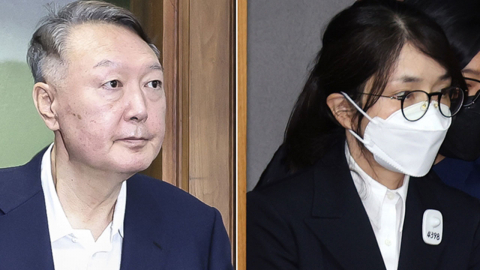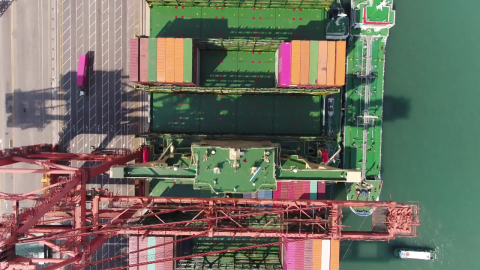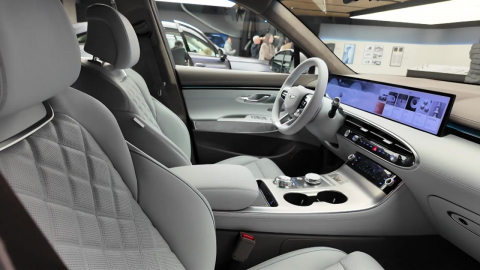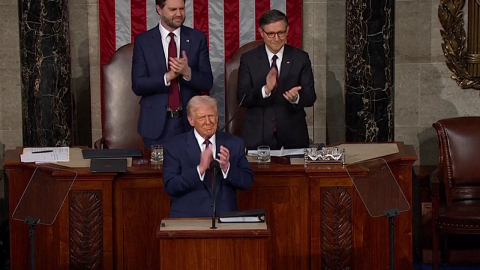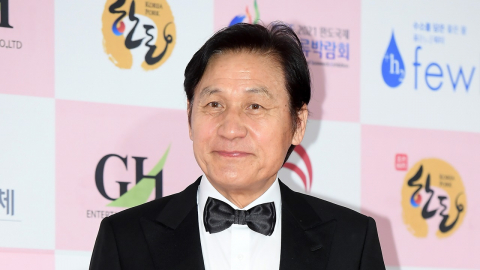-
속보 정청래 "김병기 의혹, 윤리감찰단에 조사 지시"
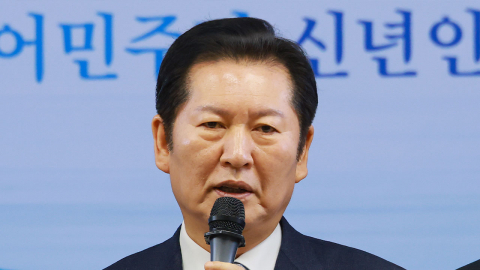
-
정청래 "김병기 의혹, 윤리감찰단에 조사 지시" 지난달 25일 비공개 지시 후 오늘 ’뒤늦게 공개’ ’갑질·특혜 의혹’ 조사 지시…윤리감찰단 파악 중 ▷ 자세한 뉴스가 곧 이어집니다. ※ ’당신의 제보가 뉴스가 됩니다’ [카카오톡] YTN 검색해 채널 추가 [전화] 02-398-8585 [메일] social@ytn.co.kr
-
이 대통령 새해 첫 방중…’적토마’ 맞이 기대감재생
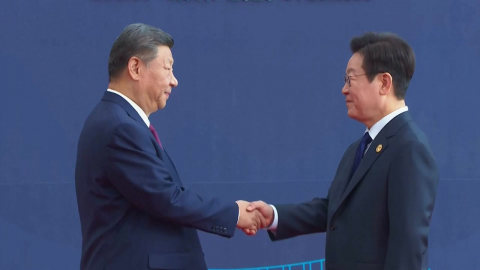
-
중국도 우리처럼 ’붉은 말띠’의 해를 맞아 힘차게 달릴 준비를 하고 있습니다. 특히 새해 첫 업무 개시일 이재명 대통령의 방중에 의미를 부여하기도 하는데요. 이번엔 중국으로 가봅니다. 강정규 특파원! [기자] 베이징입니다. [앵커] ’적토마’의 고향이라고 할 수 있는 중국, 새해맞이 분위기도 남다르겠어요? [기자] 어젯밤 베이징 만리장성에서 ’적토마’를 형상화한 새해맞이 행사가 열렸습니다. 전국 각지에서도 수많은 인파가 모여 1초 1초를 세면서 2026년에 진입하는 순간을 기념했습니다. 특히 빨간색을 좋아하는 중국인들, 지난해의 아쉬움을 털고 새해의 기대감을 품었습니다. YTN 취재진이 직접 만나 들어봤습니다. [베이징 주민 : 곧 박사학위를 신청합니다. 새해 제 삶이 순조롭기를 바랍니다.] [베이징 주민 : 말띠 해에 아버지의 건강이 적어도 올해보다 좋아졌으면 좋겠습니다.] 시진핑 주석은 신년사에서 차기 경제 발전 5개년 계획을 제시하면서 분발을 촉구했습니다. 인공지능과 반도체 기술 자립에도 성과가 있었다며 자신감도 드러냈습니다. 타이완 포위 훈련을 마친 뒤, "조국 통일의 역사적 대세는 막을 수 없다"고 강조하기도 했습니다. [앵커] 새해 시작과 함께 이재명 대통령의 첫 방중도 이뤄지죠. [기자] 1월 방문도 이례적이지만, 방중 첫날이 중국의 새해 첫 업무 개시일입니다. 징검다리 연휴일 경우 앞뒤 주말을 당겨 쓰는 중국의 공휴일 지정방식에 따른 건데요. 중국에선 2026년 방중하는 첫 해외 정상이라며 한중 관계 새 출발에 의미를 부여하고 있습니다. 함께 들어보시죠. [베이징 주민 : 한중관계 기초 위에서 2026년엔 세계가 좀 더 평화로워지길 희망합니다.] 오는 4월엔 도널드 트럼프 미국 대통령의 방중이 예정돼 있죠. 잠시 휴전 상태인 미-중 무역갈등은 우리나라는 물론 전 세계가 주목하는 대목입니다. 11월엔 중국 남부 선전에서 APEC 정상회의가 열려 이 대통령의 연내 2번째 방중을 예고하고 있습니다. 지금까지 베이징에서 YTN 강정규입니다. ※ ’당신의 제보가 뉴스가 됩니다’ [카카오톡] YTN 검색해 채널 추가 [전화] 02-398-8585 [메일] social@ytn.co.kr
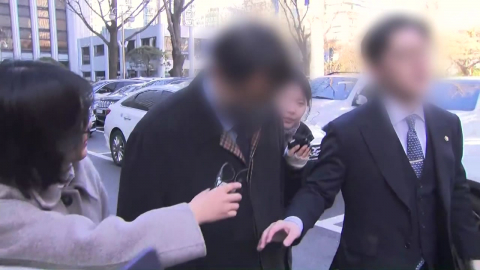



![[날씨] 병오년, 새해 첫날 맹추위…새해 명소, 시민들 발걸음 계속](https://image.ytn.co.kr/general/jpg/2026/0101/202601011251101117_h.jpg)
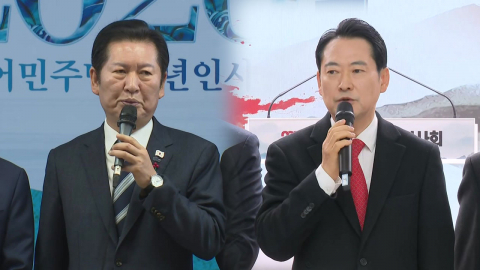
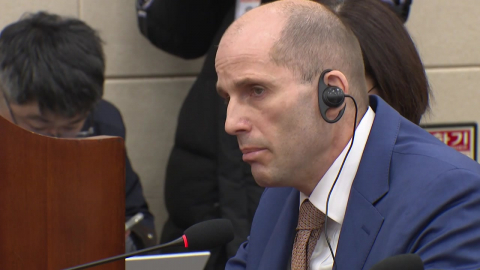
![[현장영상+] 민주당 봉하마을 참배…정청래 대표 ’약식 회견’](https://image.ytn.co.kr/general/jpg/2026/0101/202601011323434882_h.jpg)
![[현장영상+] 장동혁 "국민 삶 섬기면 지방선거 승리 따라올 것"](https://image.ytn.co.kr/general/jpg/2026/0101/202601011125189253_h.jpg)
